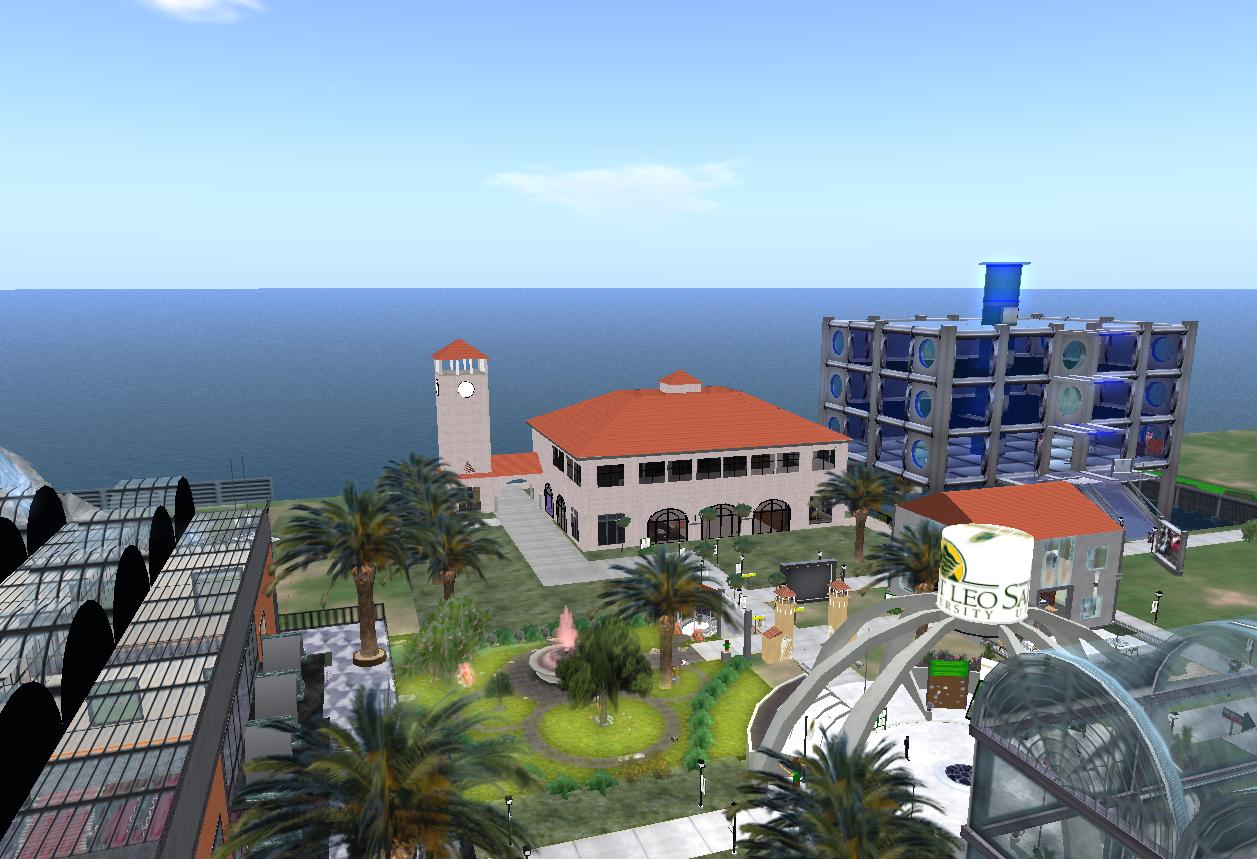Will Metaverse be Replacing the Office through Gamification?
In the new, evolving workplace of the future, an Upwork report suggests that 73% of the teams will have remote workers by 2028. This fact suggests that companies will start looking at geographic locations and collaborative spaces, outside the main base of operations. Gamification introduced collaboration, especially in multi-player games, for several decades now. The virtual worlds in Robolox, Fortnite, Minecraft...etc, are built for gamers to collaborate, meetup, battle, trade and build relationships. This trend is now starting to make its way into the work space.
According to a new 5G cloud gaming report published by Ericsson’s strategy consulting arm inCode, cloud gaming is expected to reach 99 million North American 5G subscribers over the next decade.
That Can't be right, or is it?
A recent Deloitte study suggests that vast majority of Generation Z (87%), Millennials (83%), and Generation X (79%) play video games weekly on personal and household devices. While Fortnite may come off as a teenagers obsessions, more than 60% of the Fortnite community is between the ages of 18 and 24, the very demographic entering the workforce.
To this generation, they are used to buying virtual goods or in-game offerings for their mobile games, making online engagement and collaboration, community-building, and problem-solving a norm. It’s no surprise that gamification is leading to forming of new business models and shaping the future of work, across almost every industry.
Companies like Nike and Disney are hiring for the metaverse, and it’s just the start. The roles companies are hiring for carry titles like, director of metaverse engineering, head of Web3, avatar creator, virtual architect, builder, and real estate agent. Forbes recently published and introduced us to the World's First Chief Metaverse Officer: Cathy Hackl. Dubbed the Godmother of the Metaverse, Hackl is a Web3 strategist and tech futurist and founder of Journey (formerly Futures Intelligence Group).
“I had been thinking about the metaverse and talking to executives about it since 2018, ‘I’m going to do this and dream big. And if I fail, I already have some amazing skills, and I can always go back if I need to,” Hackl shared with Forbes. “There are ways for you to test assumptions in some of these virtual worlds or test how your brand might be able to do certain things. You can do those things as prototypes and privately. Not everything has to be a big headline maker,” Hackl said.
Metaverse - Are we there yet?
No, and that's a good thing. The metaverse and evolution of Web3 are reminiscent of the early days of the internet. There is no playbook, but there is a potential, as gamification and the next generations are already pre-disposed to using them. There is even a Metaverse standards forum now, where the who's who of the tech world is trying to define a vision for the future.
“Building a metaverse for everyone will require an industry-wide focus on common standards,” said Vishal Shah, vice president of Metaverse at Meta. “The Metaverse Standards Forum can drive the collaboration that’s needed to make this possible, and Meta is committed to this work. Creators, developers and companies will all benefit from the technologies and experiences that will be made possible by common protocols.”
With Remote Work - What happens next?
With the rise in remote work, companies are looking for new ways to collaborate and create a better-connected culture. There are many products in the market that offer collaboration platforms using VR, AR, Event Management (such as concerts), or even replicate the office suite to enhance a sense of connectivity and belonging.
The demographics entering the workforce, will demand and ask for experiences that are radically different from previous generations. The technology is part of their DNA, so collaborating in the evolving workplace would be a norm for them. Sense of community that they are used in the gamification world, is what Metaverse can provide to them in the workplace, enhancing their sense of belonging, collaboration and communication.

0 Comments